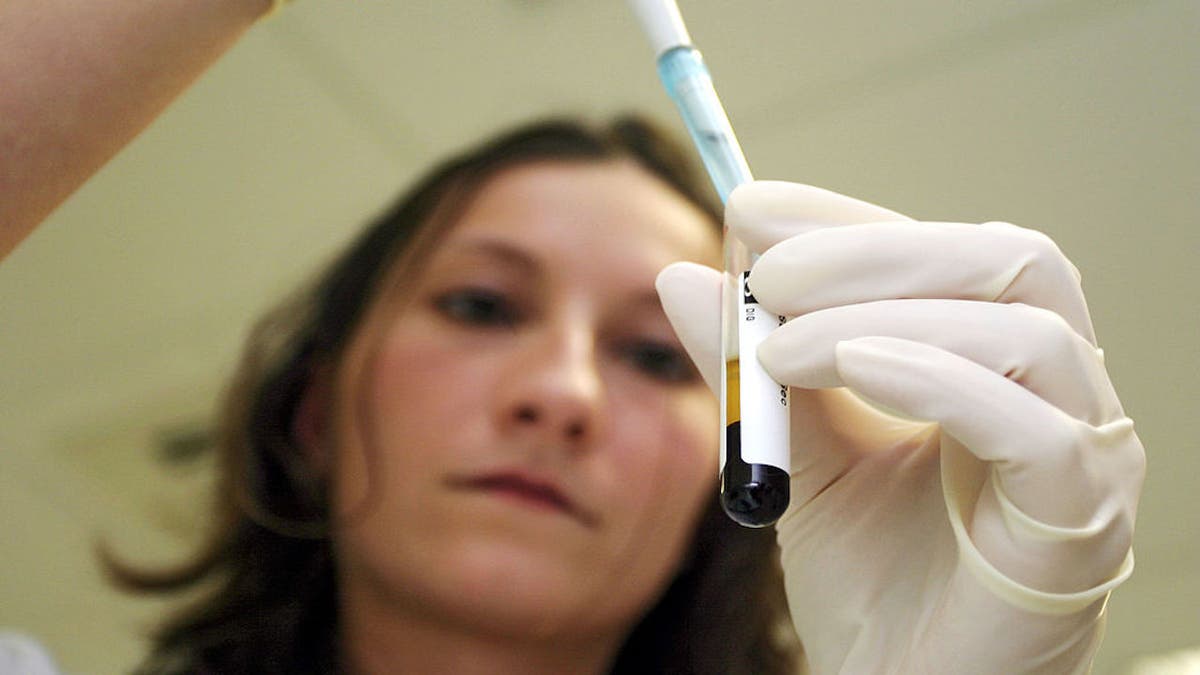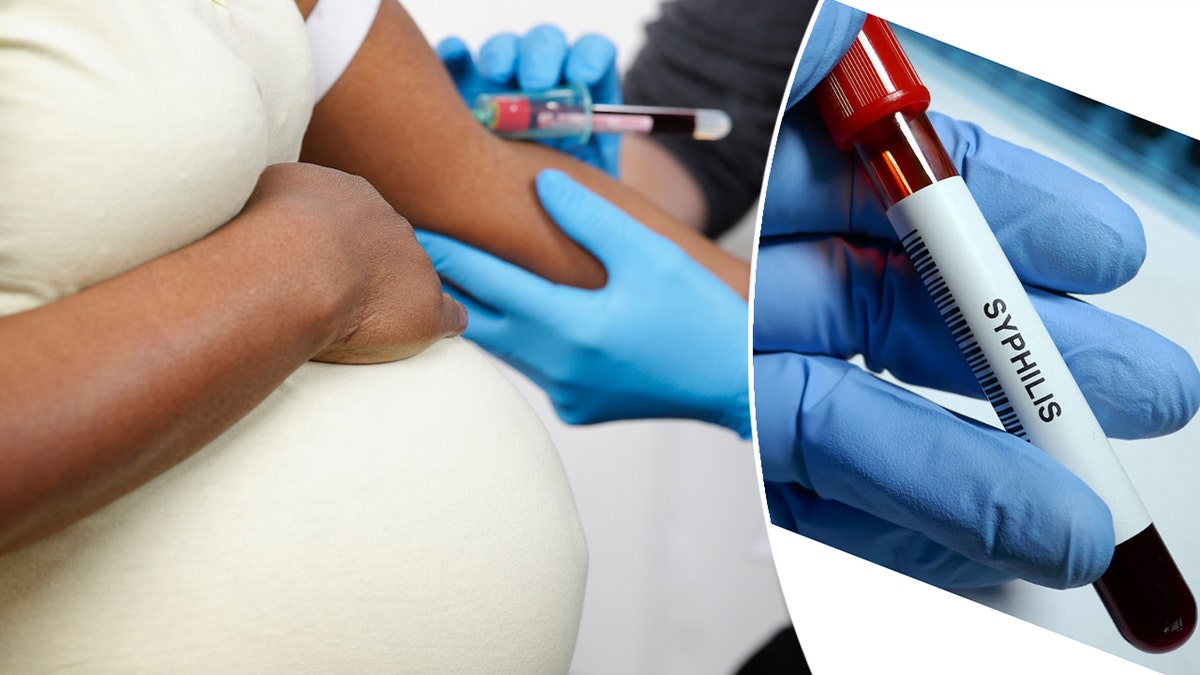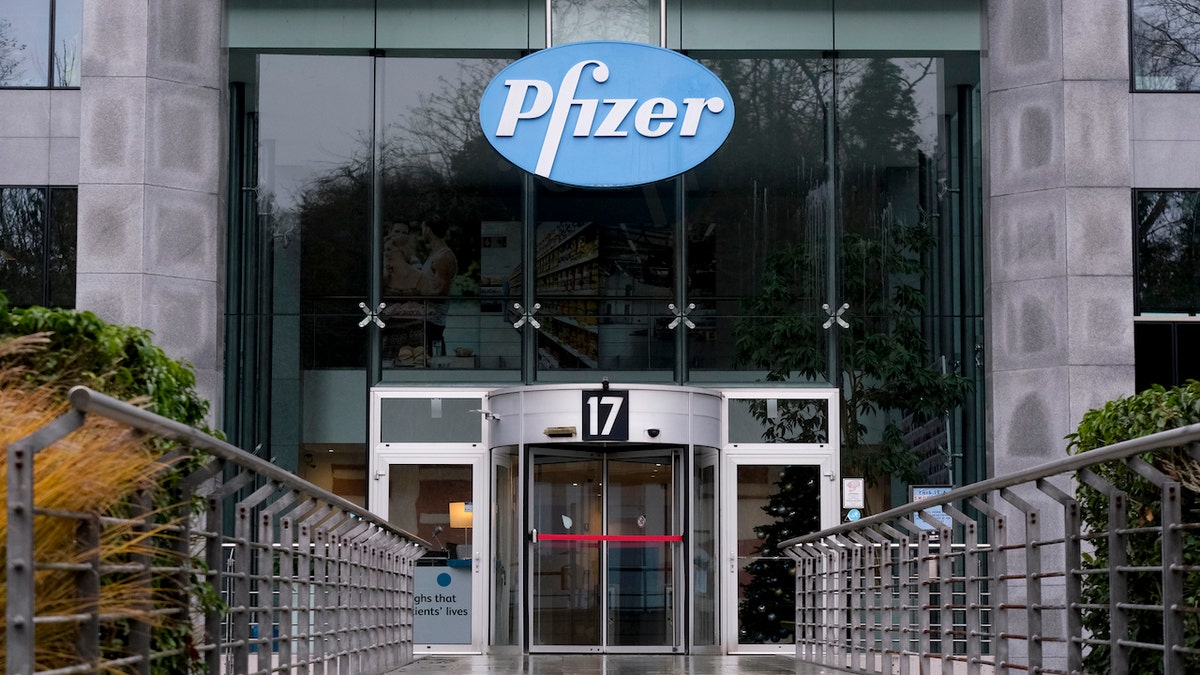The U.S. is grappling with a surge in syphilis cases, causing growing anxieties about the availability of Bicillin, the primary treatment for this sexually transmitted infection (STI). This concern is amplified by the FDA's recent announcement of potential supply limitations for the medication.
The infection rate has climbed significantly since 2017, with the CDC reporting over 176,000 cases in 2021, a 74% increase. Congenital syphilis, transmitted from mother to child during pregnancy, has seen a parallel rise, tragically leading to numerous stillbirths and infant deaths. Texas, in particular, has experienced an alarming 650% increase in congenital syphilis cases since 2016.


Dr. James Hodges, a seasoned internist in Waco, Texas, revealed a concerning trend: a doubling of syphilis cases in Texas prisons' women's intake units within the past 18 months. He pointed to Houston, San Antonio, and increasingly Dallas-Fort Worth as the primary sources of these cases. Worryingly, many affected individuals downplay the severity of the infection due to the perceived availability of a cure.
While the CDC mandates syphilis screening for immigrants and refugees entering the U.S., some medical professionals express skepticism about the thoroughness of these procedures at the border. The Texas-Mexico border region presents a paradoxical situation: low rates of gonorrhea and primary/secondary syphilis, yet the highest rate of congenital syphilis. Data regarding the precise impact of immigration on syphilis rates remains elusive due to limitations in tracking and reporting practices.


Pfizer, the sole manufacturer of Bicillin, acknowledges the strain on supply but stops short of declaring a formal shortage. Several factors contribute to this pressure, including the previous amoxicillin shortage during the 2022 RSV, flu, and COVID surge, which led to increased Bicillin prescriptions as an alternative antibiotic. The company is actively working to increase production and expects to achieve a stable supply buffer by mid-to-late 2024. In the meantime, they have prioritized production of the adult formulation of Bicillin due to the life-threatening risks of congenital syphilis.


Early detection and treatment of syphilis are crucial. The infection initially manifests as a painless sore, progressing to a rash, hair loss, and other symptoms if left untreated. Penicillin is the effective treatment in early stages. Without intervention, syphilis can lead to severe complications affecting various organs. Pregnant women with syphilis require prompt treatment to prevent congenital transmission and its devastating consequences. Practicing safe sex, regular STI screening, and prompt medical attention for suspected infection are vital for controlling the spread of syphilis.










